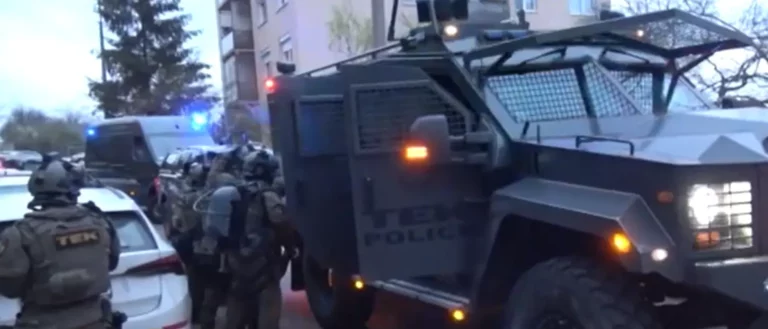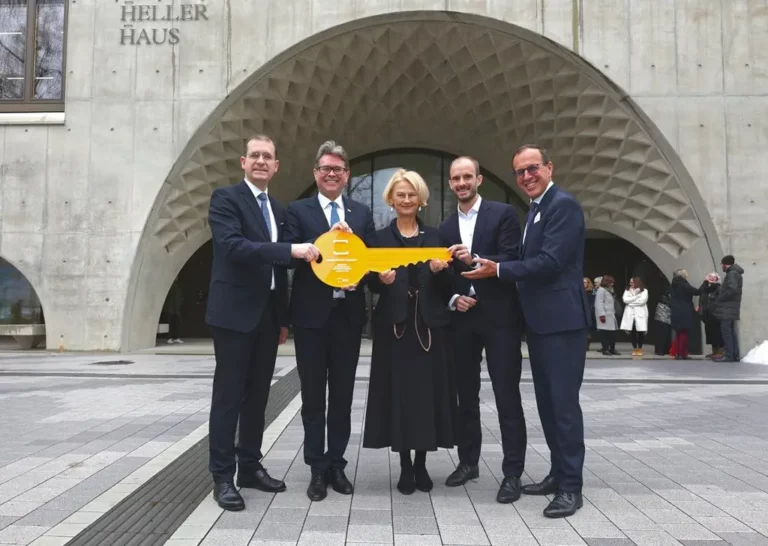Austria
Austrian village makes it impossible for Hungarian commuters to pass the border

Young Hungarian man planned to carry out terrorist attack in Vienna

Important changes coming to the Austro-Hungarian railway network

Foreign Minister Szijjártó: Hungary counts on Austria’s support

Hungary establishes another important regional cooperation

Tragedy: Hungarian skier dies in Austria

What’s the reason behind the baffling Hungarian workforce decline in Austria?

Budapest-Vienna motorway to be more easily accessible – PHOTOS

Romania preceded Hungary again: Hungarians second poorest in the EU

Hungary struggles at the bottom in Europe’s happiness ranking

Staggering: Vienna cheaper than Budapest

Budapest-Vienna railway connection to be restored with many changes

Hungarian name on Austria’s newest university building – UPDATED

Significant delays and cancellations concerning international trains in Hungary

Austrians are flocking to Hungary to get cheap driving lessons

Visegrad Group interior ministers meet with the counterparts of Germany and Austria

Government sends home all foreign construction companies from Hungary

Hungarian castle hotels bagging prize after prize





 ZH
ZH IT
IT DE
DE HR
HR NL
NL FR
FR JA
JA RO
RO RU
RU ES
ES TR
TR
